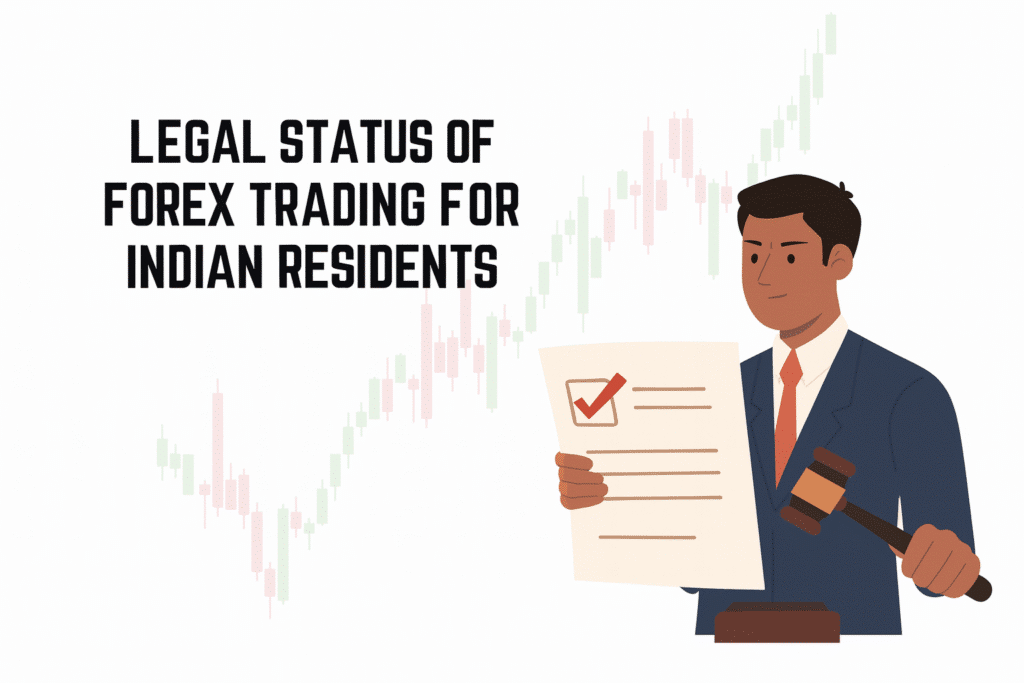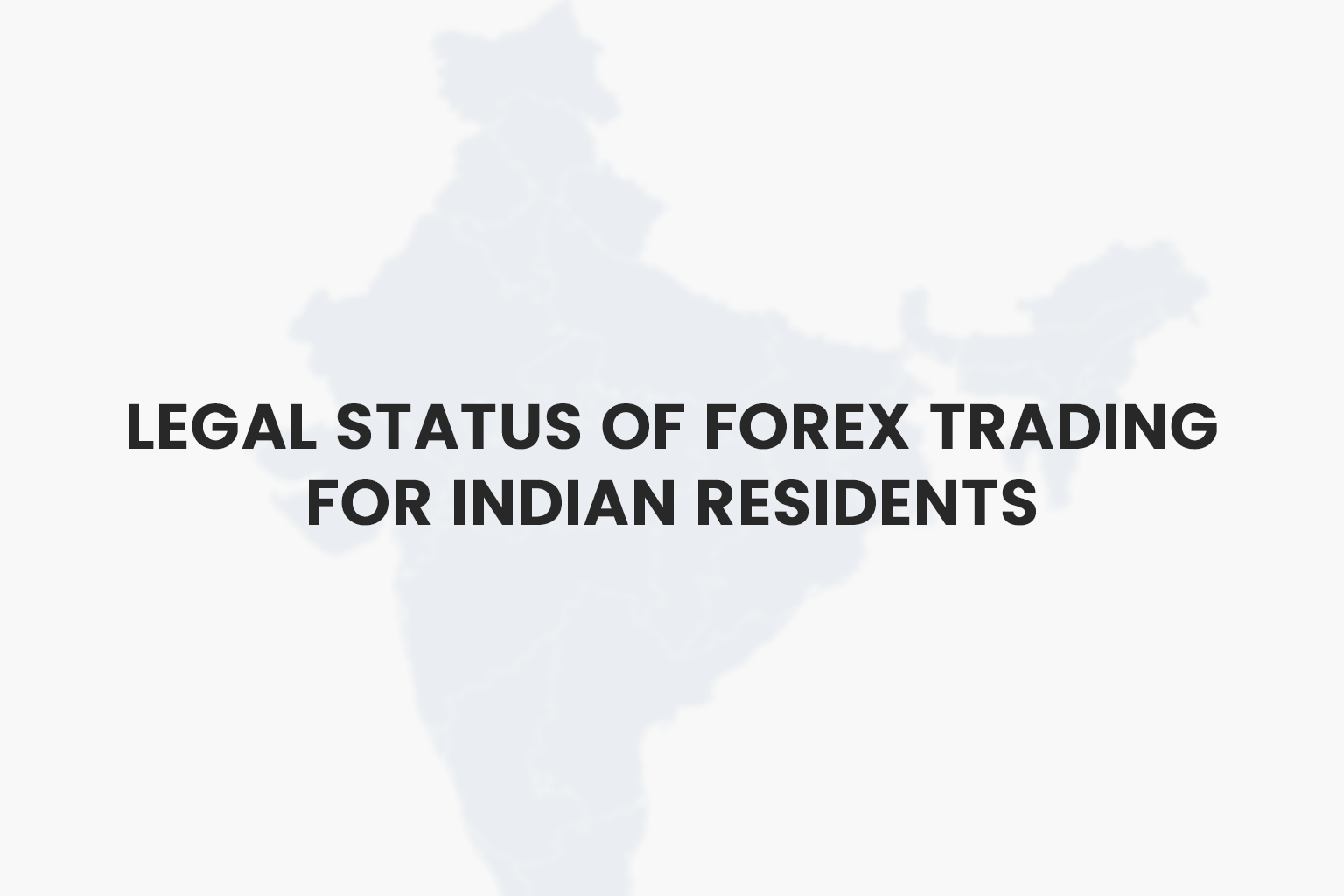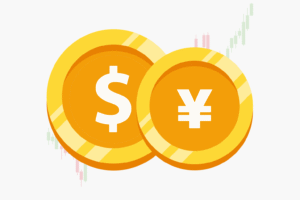Overview
Forex trading is the act of buying and selling currency pairs in order to make money from changes in exchange rates. The global forex market is the biggest and most liquid financial market in the world. It’s not surprising that many Indian traders are interested in it because of the chance to make a lot of money and trade 24 hours a day, five days a week.
The laws about forex trading in India, on the other hand, are complicated and often not well understood. A lot of traders want to know if forex trading is legal in India. And what happens if you trade illegally? If you want to get into the forex market in India, it’s important to know what the punishment is for trading and how the rules work.
This complete guide will explain the legal status of forex trading in India, list the penalties for breaking the law, and show you how to trade currencies legally and safely within the country’s rules.
Is it against the law to trade Forex in India?
No, but many rules make it difficult.
There are two main groups that regulate forex trading in India:
| Reserve Bank of India (RBI) | RBI is the country’s central bank that sets monetary policy and manages foreign exchange. |
| The Securities and Exchange Board of India(SEBI) | SEBI is in charge of regulating the markets for stocks and commodities. |
What is legal?
The Reserve Bank of India (RBI) and the Foreign Exchange Management Act (FEMA) say that Indian residents can only legally trade forex if they meet the following conditions:
- The Indian Rupee (INR) must be one of the currencies in the pair. You can trade pairs like INR/USD, INR/EUR, INR/GBP, and INR/JPY.
- You have to use SEBI-registered brokers to trade. Only brokers who are registered with recognised exchanges like the National Stock Exchange (NSE), the Bombay Stock Exchange (BSE), and the MCX-SX are allowed to do business.
- Only currency derivatives— You can only trade currency futures and options on approved exchanges.
What is against the law?
In India, the following forex trading activities are not allowed:
- Trading currency pairs that don’t include INR, like EUR/USD, GBP/JPY, and AUD/CAD
- Using forex brokers that are not registered with SEBI and are based outside of India
- Trading on platforms that aren’t regulated or through middlemen who aren’t allowed to do so
- Using more leverage than SEBI allows (currently, 1:1 for currency derivatives)
The FEMA forex rules are clear: any forex transaction that breaks these rules is against the law in India and can be punished.
Punishment for Illegal Forex Trading
Knowing what the punishment is for illegally trading forex in India is important for keeping yourself safe from serious legal problems.
| FEMA Rules | The Foreign Exchange Management Act, 1999 (FEMA) is the law that governs all foreign exchange transactions in India. FEMA Section 13 talks about penalties for breaking the law. |
| Fines and Penalties | For people who break India’s forex trading laws:A fine of up to three times the amount of money involved in the violationIf the amount can’t be measured, a fine of up to ₹2 lakh may be given.If you keep breaking the law, you could face fines of up to ₹5,000 per day for each day the violation continues. |
| Criminal Charges | When there are serious or intentional violations, the penalties get a lot worse:Under Section 37A of FEMA, you could go to jail for up to five years if you break the rules of the Foreign Exchange Regulation Act that still apply. |
| Extra fines set by the court | Taking away illegal profits and assets gained through illegal forex trading |
Actions Taken by ED
The Enforcement Directorate (ED) is always looking into forex violations. Recent actions taken to enforce the law include:
- Freezing of bank accounts that are connected to illegal forex trading
- Taking away things bought with money made from illegal trading
- People and businesses that help with illegal forex transactions should be charged with crimes.
- Payment gateways and financial intermediaries that allow illegal forex trading face fines.
Why the Indian Government Limits Forex Trading
Knowing why these rules are in place helps make it clear why following them is so important.
- Control of Capital and Economic Stability
The RBI monitors India’s foreign exchange reserves to maintain stability. Without limits on forex trading, excessive outflows could pressure the rupee, deplete reserves, and harm the unstable economy.
2. Stopping Money Laundering
People can take advantage of forex markets for:
- Money laundering is the act of turning money that was obtained illegally into other currencies through complicated forex trades.
- Tax evasion: hiding income and assets in accounts outside the US.
- Terrorist financing: moving money across borders without anyone knowing.
The FEMA forex rules make it easier for authorities to keep an eye on and control money that moves across borders. This makes it harder for criminals to take advantage of the system.

Protecting Consumers
Many offshore forex brokers don’t follow the rules, which puts Indian traders at risk of
Scams and fake platforms, unfair ways of doing business, not being able to get money back in case of a dispute and legal options
The government wants to protect Indian consumers from these risks by only allowing forex trading on regulated domestic platforms.
Regulatory Control
Limiting forex trading to SEBI-registered companies makes sure that trading is open and honest, prices are fair, risks are clearly stated, investors can get their complaints heard, and the market is stable and honest.
How to Trade Forex in India Safely and Legally
If you want to trade forex, there are legal ways to do so without getting in trouble for it in India.
Trade INR Currency Pairs
You can legally trade the following currency pairs on Indian exchanges:
- USD/INR (US Dollar/Indian Rupee)
- EUR/INR (Euro/Indian Rupee)
- GBP/INR (British Pound/Indian Rupee)
- JPY/INR (Japanese Yen/Indian Rupee)
Use SEBI-Registered Brokers
Open an account with brokers authorized to offer currency derivatives trading:
- Verify the broker’s SEBI registration
- Check their track record and reputation
- Ensure they operate on recognized exchanges (NSE, BSE, MCX-SX)
- Review their fee structure and trading conditions
Trade Currency Derivatives
Legal forex trading in India is conducted through:
- Currency Futures – Standardized contracts to buy or sell currency at a predetermined price on a future date
- Currency Options – Contracts giving the right (but not obligation) to buy or sell currency at a specific price
Understand Leverage Limitations
SEBI has capped leverage for currency derivatives at 1:1, meaning you can trade up to the value of your margin deposit. This is significantly lower than the high leverage (often 1:100 or more) offered by international brokers, but it’s designed to protect traders from excessive risk.
Educational Resources
Before trading, invest time in:
- Understanding currency markets and technical analysis
- Learning risk management strategies
- Practicing with demo accounts
- Staying updated on RBI rules on forex trading and regulatory changes
Risks of Using Offshore Brokers
Despite the restrictions, many Indian traders are tempted by offshore forex brokers offering:
- Access to major currency pairs (EUR/USD, GBP/USD, etc.)
- High leverage (1:100, 1:500, or even higher)
- Advanced trading platforms and tools
- Attractive promotional offers
Why This Is Dangerous?
| Legal Consequences | You’re violating FEMA and RBI regulationsYou risk facing the full punishment for forex trading in India illegallyYour bank accounts may be frozen if authorities detect suspicious transactionsYou could face criminal prosecution and imprisonment |
| Financial Risks | No legal protection if the broker defrauds youDifficulty in fund withdrawalsExposure to unregulated and potentially manipulated marketsNo recourse through Indian legal or regulatory channels |
Tax Complications | Unreported foreign income can lead to tax evasion chargesDifficulty in explaining sources of funds to tax authoritiesAdditional penalties under Income Tax Act |
Red Flags of Illegal Platforms
Be wary of brokers that:
- Operate without SEBI registration
- Offer currency pairs not involving INR
- Promise unrealistic returns or guaranteed profits
- Use aggressive marketing tactics
- Lack transparent fee structures
- Have poor or no customer support
- Operate from tax havens or unregulated jurisdictions
| Aspect | Legal Forex Trading | Illegal Forex Trading |
| Currency Pairs | Only INR pairs (USD/INR, EUR/INR, GBP/INR, JPY/INR) | Non-INR pairs (EUR/USD, GBP/JPY, AUD/CAD, etc.) |
| Broker Type | SEBI-registered brokers only | Offshore/international brokers not registered with SEBI |
| Trading Platform | NSE, BSE, MCX-SX recognized exchanges | Unregulated foreign platforms (MetaTrader with offshore brokers, etc.) |
| Leverage Limit | Maximum 1:1 (as per SEBI regulations) | High leverage 1:100, 1:500, or higher |
| Regulatory Body | Regulated by RBI, SEBI, and FEMA | No Indian regulatory oversight |
| Legal Protection | Full legal recourse and investor protection | No legal protection or grievance redressal |
| Trading Instruments | Currency futures and options only | Spot forex, CFDs, and other derivatives |
| Penalties | None (fully compliant) | Fines up to 3x transaction amount, imprisonment up to 5 years, asset seizure |
| Tax Compliance | Easy to report and comply with Indian tax laws | Risk of tax evasion charges and penalties |
| Fund Security | Protected by Indian banking regulations | High risk of fraud, withdrawal issues, fund loss |
Conclusion
The question “Is forex trading legal in India?” has a nuanced answer: yes, it’s legal, but only within the strict framework established by the RBI and SEBI. Trading currency pairs involving the Indian Rupee through SEBI-registered brokers on recognized exchanges is completely legal and protected.
However, the punishment for forex trading in India through unauthorized channels is severe—ranging from hefty fines to imprisonment and asset confiscation. The risks simply aren’t worth the potential rewards, especially when legal alternatives exist.
Key Takeaways:
- Only trade INR-based currency pairs through SEBI-registered brokers
- Avoid offshore and unregulated forex platforms
- Understand FEMA forex regulations and RBI rules on forex trading
- Prioritize financial education and risk management
- Stay compliant to protect yourself from legal consequences
No, forex trading is not banned. You can legally trade INR-based currency pairs (USD/INR, EUR/INR, GBP/INR, JPY/INR) through SEBI-registered brokers on recognized exchanges like NSE and BSE.
No, using international forex brokers not registered with SEBI is illegal in India and violates FEMA regulations, even if they’re regulated in other countries.
Penalties include fines up to 3x the transaction amount (or ₹2 lakh minimum), imprisonment up to 5 years, asset confiscation, and bank account freezing by the Enforcement Directorate.
Visit the official SEBI website (www.sebi.gov.in), check their list of registered intermediaries, and verify the broker operates on recognized exchanges (NSE, BSE, MCX-SX).
SEBI limits leverage to 1:1 for currency derivatives, meaning you can trade up to the value of your margin deposit—much lower than offshore brokers but safer.





